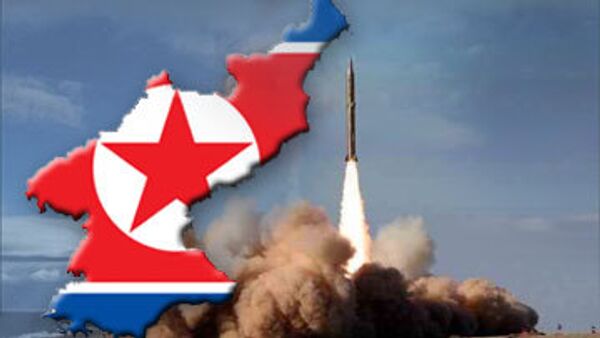VIENNA, June 23 (RIA Novosti) - Moscow hopes international talks on Korea's nuclear problem will be resumed shortly and is waiting for Pyongyang to confirm that it will stop all nuclear tests, the Russian foreign minister said on Tuesday.
"We are concerned by the deadlock that has evolved, primarily due to North Korea's unacceptable actions," Sergei Lavrov said.
He said the UN Security Council had tightened sanctions on North Korea not to punish it but to encourage the impoverished communist state to return to the negotiating table and fulfill its obligations.
He added, however, that the talks could only be resumed "after North Korea confirmed that it will conduct no more nuclear tests."
Moscow said on Monday it supported the idea of five-party talks on the nuclear issue to determine further steps in dealing with the current crisis.
The concept of five-party talks, which would exclude North Korea, has gained ground following a meeting between South Korean President Lee Myung-bak and his U.S. counterpart Barack Obama last week.
The South Korean leader had suggested that a new framework for dialogue may be needed to draw the North back to the negotiation table.
The six-nation talks involving North and South Korea, Russia, Japan, China and the United States, were launched in 2003 after Pyongyang withdrew from the Nuclear Nonproliferation Treaty (NPT).
Under deals reached in 2007, the North began disabling a nuclear reactor and other facilities at Yongbyon under international supervision, in exchange for economic aid and political incentives, which included deliveries of fuel oil to Pyongyang.
However, in December last year, a round of six-nation talks ended in deadlock after the U.S. demanded that nuclear inspectors be allowed to take samples from North Korean facilities out of the country for further analysis.
The UN has recently imposed new sanctions on North Korea that ban the import and export of nuclear material, missiles and all other weapons, with the exception of small arms. It has authorized the world's navies to enforce the ban. The sanctions came in response to the North Korean nuclear test on May 25.
On June 13, the reclusive communist state released a statement threatening "resolute military action" if the United States and its allies tried to isolate it, vowing to "weaponize" plutonium, and warning it would consider attempts to blockade it an "act of war."
The Russian Foreign Ministry reiterated on Monday that there was no alternative to a diplomatic solution to the crisis, but said Moscow viewed the latest threats from Pyongyang as an open challenge to the international community.


